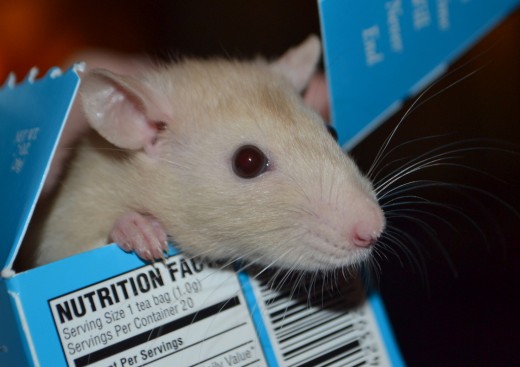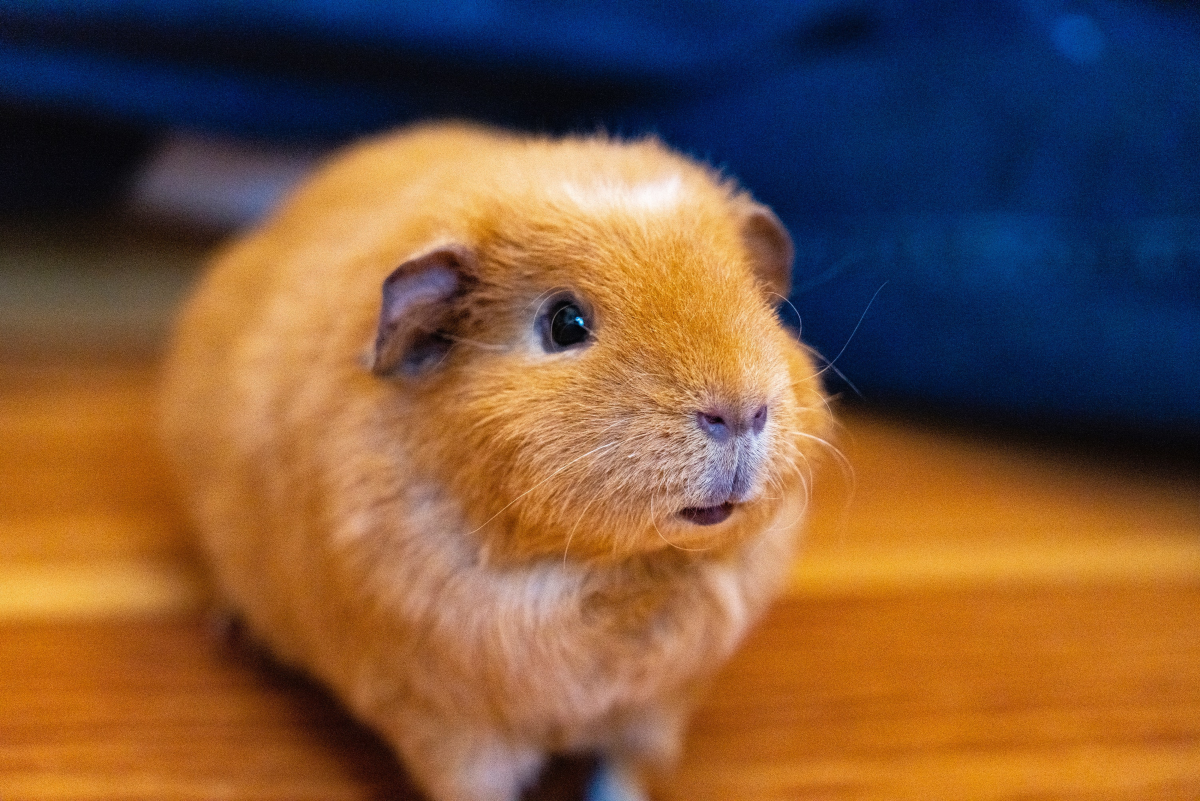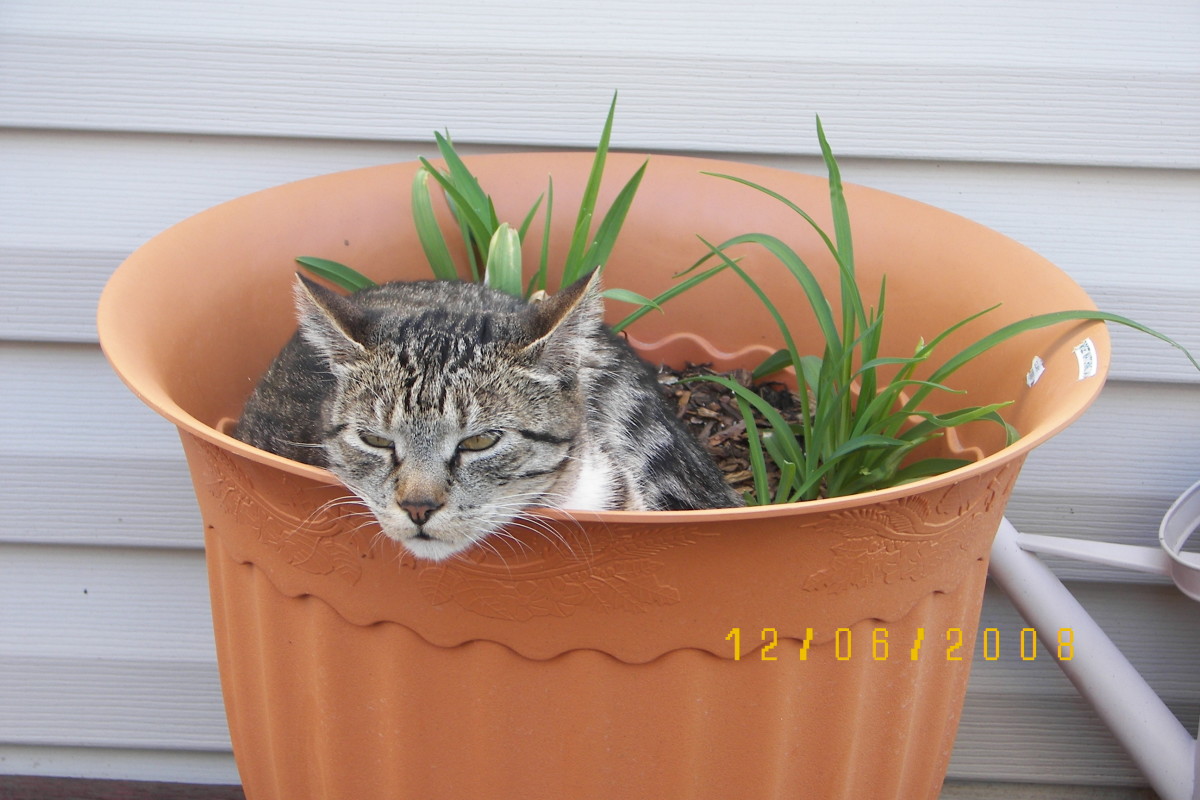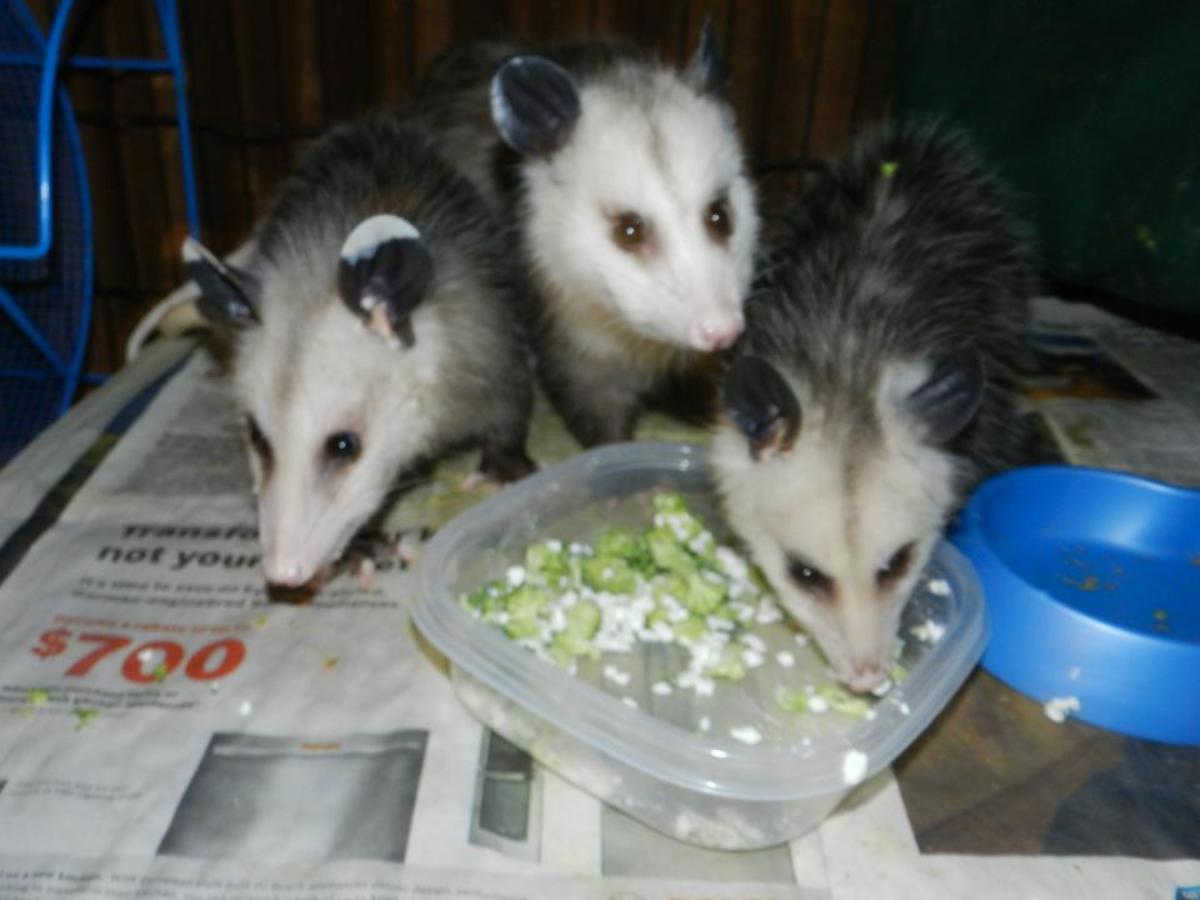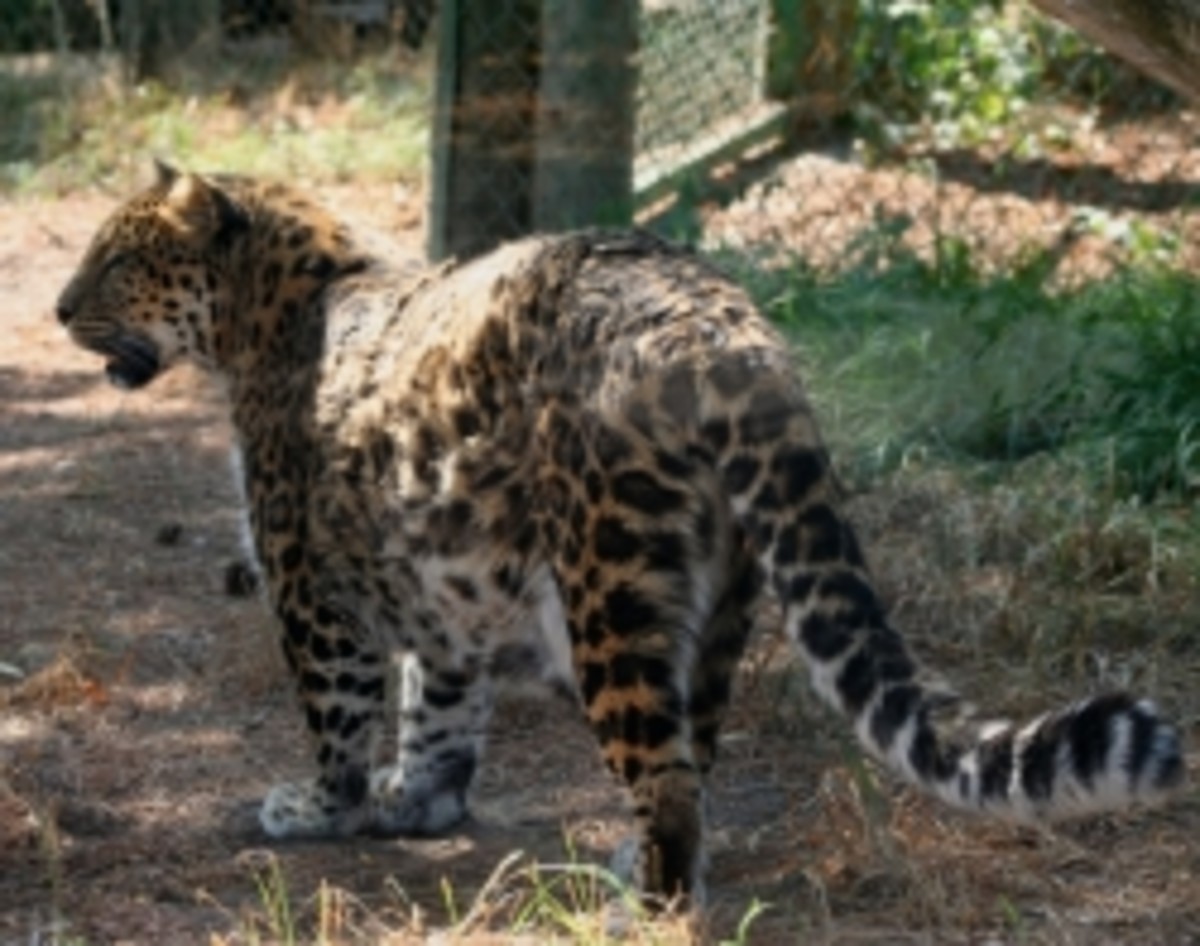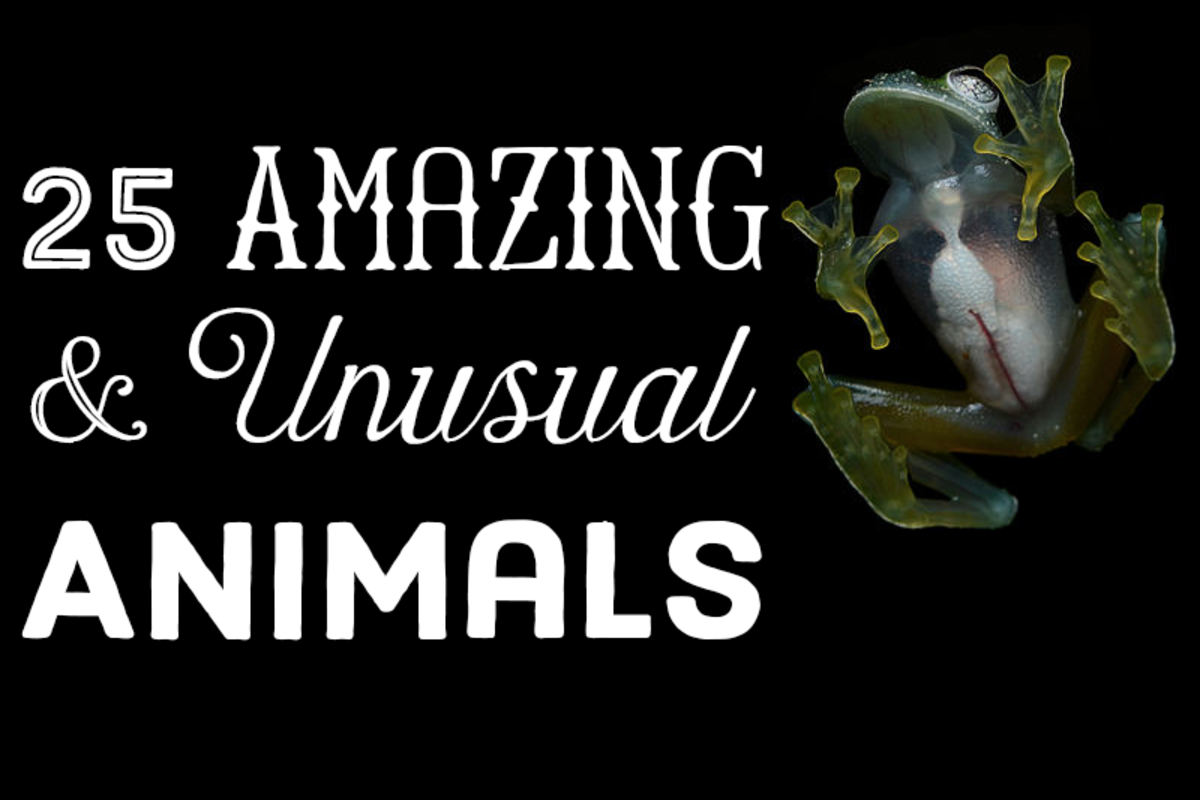Planning ahead for your death should include your pets
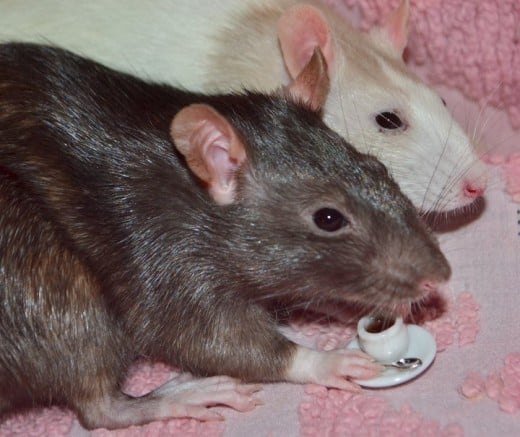
Planning for our pets
Generally speaking, no one wants to think about dying. It's not a fun subject, however, like paying taxes, dying is something we've all gotta do. For those who have children, creating a will is an important thing. Most important is who will take over the care of your children in the event of your death. You put a lot of thought into it, discuss it with the person/people you want to entrust the care of your children to, should God forbid something happen to you and your spouse/significant other/the person you have children with. It's a no-brainer, and something every parent should do.
If you own a home, you decide who will take the house if you die, as well as it's contents, and any money you leave behind. But something most people don't think about, is their pets. For some people, pets are just pets. An afterthought. But for many, their pets are a part of the family. For many of us, our pets are our children. Whether your best friend is a dog, cat, bird, or even a reptile or arachnid, they are as much a part of your family as any other human member is. And if you were to die (or in some way become incapacitated), what would become of your beloved pet? Planning ahead for your pets is every bit as important as planning for your children in the event of your death. While it's not fun to think about, accidents happen each and every day. People die unexpectedly everyday. It happens.
I'm not much into Hollywood and celebrities. I actually could care less what goes on in their lives. But sometimes there's no getting around the news that surrounds a celebrity when they die, most especially when it's an untimely death. So like everyone else with a tv and internet, I heard of Paul Walkers death two weeks ago. I'm not some big fan of his, but being such an untimely death for such a young man (40), who seemingly still had half his life left to live, and in such a tragic way, it touched me a bit. And, I found myself clicking on and reading the many articles all over the internet about him and his death. And in one article, they mentioned that he lived with his two beloved dogs, to which he was very attached. And the thought ran through my mind...."I wonder who is now taking care of them?", and "I hope they didn't have to separate them".
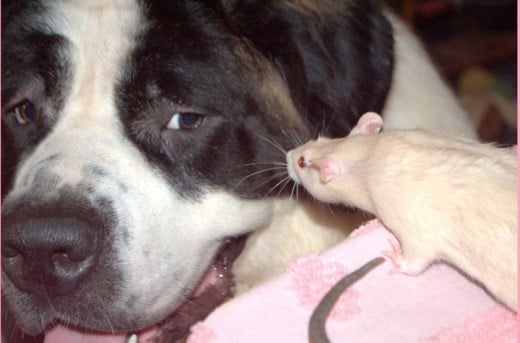
Think about your situation
Everyone's situation is different. Some people are single, some have children that are very young, some have grown children. Some people have a lot of close family, some do not. Should you unexpectedly pass away, and you have a husband or wife, it's reasonable to assume your spouse will continue taking care of the family pets, as they are now. But what if you and your spouse were to both die in a tragic car accident. It can happen any day. Hopefully it never will, but it can. You know who will take in your children, but will they take your pets in too? And, will they love them like you do?
Not everyone is a "pet person". The person/people who will take the responsibility of caring for your children, may be a wonderful choice for your kids, and become excellent second parents to them. But, they may not feel so warm and fuzzy about Fido as you do. They might be in a situation where they really can't take your pets in, for a whole plethora of reasons. Or, they may begrudgingly have this responsibility thrust upon them, or feel they have to for the kids sake, but inside be very resentful of having to take care of your pets. You don't want to see that for those who now have the responsibility of caring for your children, or see that for your pets.
And if you're single, no children? You die, and your pets go where? Your death is a major blow to your loved ones, they are in shock and consumed with both grief, and having to plan for your funeral. Your pets may very well get lost in the shuffle. Most pets require daily care. Having them end up alone for even a day can be a big problem. They need food, water, not to mention human interaction. Being left alone in an empty house with no food or water for a couple days, and they are in trouble. Some pets will fare better than others in that type of situation. A cat might be ok for a few days, while a dog would not be. A ferret, rabbit or rats might be ok for a little while, but they are in a cage, with no way to scavenge the house for food or water.
It makes you want to cringe thinking about your beloved babies being left with no food or water, while your friends and family are too busy reeling from your death, to think about or remember your pets left in your house or apartment. The best way to avoid that kind of situation, is to include them in your post-death planning. If you have a will, include them in it, and update it as needed. No will because you have no children, no assets, nothing to divvy up? Plan for your pets in writing.
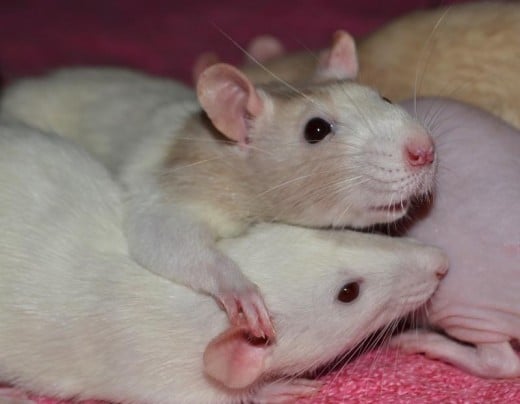
Who will love your pets like you do?
There's a lot to consider when deciding where your pets should go if you pass away. Factors like the type of pets you have, the number of pets you have, who would be the best person/people to care for them, who can afford to care of them.
What kind of pets do you have?. As far as pets go, dogs are generally speaking, the type that require the most care. Besides their immediate needs of the basics like food and water, they require daily interaction with people on an emotional level, as well as needing to go outside to go to the bathroom and get their exercise every day. Cats need daily food, water, and need to have a clean litter box to use. The human interaction they require is not the same of that of a dog, but pissy and aloof as they can sometimes be, they need human interaction as well. Caged animals like rats, rabbits, ferrets and the likes all need fresh water daily, as well as need food available to them daily. Each type of "caged" animal has different needs when it comes to interaction. Ideally, all animals should be given personal interaction and affection daily. But, some aren't as needy as others. A rabbit doesn't need the same level of interaction as a rat or ferret does. A ferret needs more exercise and time out of their cage, than a guinea pig does. More exotic pets can become more complicated to care for. While some animals like lizards and snakes may not need to be taken out of their tank each day and given personal attention, their nutritional needs require live food (or frozen). You suddenly pass away, and the person who takes in your exotic can't just run to the grocery or convenience store to get their food, like with a cat or dog, and they usually cannot "make do" for a little while with the foods a person already has in their home, like in the case of a rat or rabbit. There's no "live mice" drive through, or "McCricket" to grab food for your snake or lizard. Also, they have housing needs that can be complicated. Some need to be in heated tanks, different types requiring different temperatures for them to thrive in. Some have lighting needs they can only get from specific types of lamps and bulbs.Then there's livestock and farm animals. Your sister lives in a small apartment in the city, so unless she has a really awesome landlord and doesn't mind lots of poo all over her carpet and couch...she ain't taking your horse in. Livestock and farm animals have a whole host of different needs from indoor pets, starting first and foremost with where they live. Chances are, most of your family and friends aren't going to be able to take in your pet horse or goat, no matter how much they may want to. And the nutritional needs of these animals become very expensive, very fast.
How many pets do you have? If you're like me and you have a menagerie of pets, they probably aren't going to all be able to be taken in by one person. It's important to consider whom among your pets, need to stay together, and who can be separated. Your rats need to have at least one other rat (except in rare situations where you have a rat that needs to be kept alone). Maybe you have a bonded pair of dogs that have been together forever for years, or their whole life. But the person who's going to be caring for your dogs, doesn't necessarily have to be the same person who takes in your rats. Consider the number of pets you have, and which animals can be separated, and which cannot.
Who can take your pets in? Your sibling might be able to, and agree to taking your dog, but is allergic to cats. Your best friend might be the very best home for your birds, but doesn't want anything to do with your tarantula. Your mom might love your Great Dane, but not be able to handle such a large dog. I personally would love to take your horse, but my landlord probably isn't going to go for that. But I have plenty of room for your snake! You need to speak with your family and friends to decide who is willing to, has the room for, and can afford to properly care for each of your animals, as well support each animals unique needs. They also need to understand the needs of the type of pet you're entrusting to them, and in the case of certain exotics, have experience with that type of animal ideally.
Who will love your pets like you will? You might have a friend who agrees to take in your rats, because they feel like it's the right thing to do, but ultimately isn't into rats, and doesn't give them the love, attention and exercise they need. Your brother may really want to take in your dog, but works 12 hour shifts, 6 days a week, and simply doesn't have the time to take the dog for a walk 4 times a day, and give it all the attention it needs. You might have loved-ones who would like to take your pets in, and have the room, but already has so many pets that yours wouldn't get the attention they need. Think about who will be willing to and be able to, give the love and attention you want your precious babies to get, even when you're gone.
What happens when no one can take in certain pets? So you've got someone to take in your dogs and cats, but no one can take in your goats and horse. Then what? Or perhaps, you have no family and no friends who are willing to take your pets in, or just don't have any family and close friends. What happens to your pets? In these cases, it's still important to have a plan in place. If you, for whatever reason, have no one who can take in your pets if you were to suddenly pass away, then take the time to look into places your animals can go. Call breed/animal-specific rescues for each type of pet you have, and see what their policy is on taking in animals when an owner dies. Many breed-specific rescues and animal-specific rescues are more than happy to be put on the list of places that your pets can be brought to, in the event of your death, when they have nowhere else to go. Rescue groups are usually a better choice for your pets, than regular shelters or animal control. If you slip and fall in your home, and have an unattended death, or God forbid something even worse happens, (like murder-it does happen unfortunately), when police do arrive, they will call animal control to remove any wandering/loose animals in the home, like dogs and cats to secure the scene. When they finish things up, if there's nothing left behind to direct them where your pets should go, and no family/friends to go claim the animals, they will stay there, and in many cases, if not adopted out...be euthanized.
What if you have an elderly pet? Sometimes, there are situations where if you were to pass away, your pet is better off being euthanized as well. This is usually the case for very elderly animals, especially dogs, who don't have much time left on this earth, and would not manage well being abruptly put in a new home, with new people in a new situation. One of my dogs, Peek-a-choo, a one-eyed Pekingese who's about 14 years old...would definitely not do well if I were to die, and he had to go to a new home, with a new person. He is old, handicapped, and likes no one but me. So if I were to pass away while he's still alive, my directives are to have him euthanized, for his sake. Some elderly animals will eventually adjust to their new homes and new surroundings, if need be. This is especially the case with smaller animals and cats. But sometimes, especially with dogs, an elderly or sickly dog, who is attached only to you, and doesn't accept change well, likely will have little/no quality of what little life they have left, if you were to die. Humane euthanasia would be best in those situations.
These are all very important things to consider, when making plans for your pets in the event of your death. It's really important to talk to friends and family, about who wants to and can take in your pets if you were to die. Consider neighbors when it comes to pets like livestock, if you don't have family and friends who have the property to take in such animals. Do your research and call around to rescues and fosters for your pets if you have no friends and family to take them in.
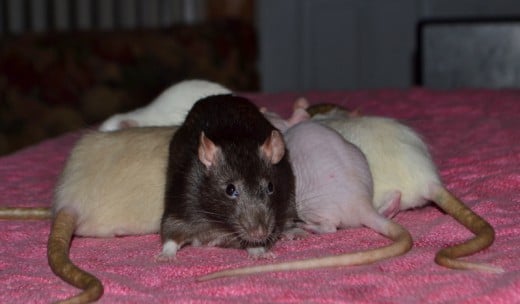
How to make your wishes known
So you've spoken to your family and friends, and you have it all planned out, who will take in what pets you have, if something were to happen to you. Now what? Now it's time to get it in writing.
If you have a will, have your attorney put your wishes on whom should take in your pets, right into that will with everything else. Don't be afraid to have it added into your will, if your attorney doesn't ask about it themselves when putting your will together. For some attorneys and will-making agencies, it's a standard question to ask their clients when drawing up a will, but some do not. Make sure you do. And keep it updated. If you get a new pet, add your wishes for where that pet should go into your will.
If you don't have a will, it's still pertinent to make your wishes known in writing. People forget things over time, family and friends can be too consumed with grief to think about what you said 6 years ago about where you want your cat to go if you died. Keeping a file on your computer is always a good idea, but bottom line is that even a handwritten letter you wrote and signed that directs where your pets should go in the event of your death....is better than nothing. Having a file on your computer entitled "file of life" or "(your name here)'s final wishes", that includes your wishes for your pets if you die, is a good idea. Make sure it's accessible to your next of kin, or police (for some cases). If you write out your wishes on paper, put it into a sealed envelope, and place that in a file that you keep somewhere accessible in your home, and have it appropriately labeled.
However, there's another way to make a plan for your pets in the event of your death, and make it readily available to family, friends, or law-enforcement. It's an idea that I personally love, and wish I had thought of myself, and that is online funeral-planning websites. Along with planning your funeral in advance, you make other directives, in the event of your death, and it's all just a mouse-click away. Many of these sites allow you to use their services free of charge, other charge a membership fee. One that I particularly like is; mywonderfullife.com There's a section called "my stuff", where you can state who/where you want your possessions/money to go to, and you can add info about who/where your pets should go to. It's a free site, all you have to do is designate a person as "your angel", who will have access to "your book" when you die. I have an account with them myself.
There is also other websites where you can create a legal binding will online, but they can cost several hundred dollars or more to create.

Something else to remember
So you've spoken to those who will take care of your pets in the event of your death. You've got it laid out in you will, or on your computer, or on paper in a safe place. But what about the costs of caring for your pets? A great thing to do along with planning for your pet when you die, is having money set aside for their care, if possible.
I know it's not always possible, especially these days, to set aside money for something else on top of all your expenses, especially when you don't immediately see the rewards of your saving. But even if it's just five or ten bucks a week, start a "pet fund", that can be given to those who will be caring for your pet if/when you pass away. Animals like horses and livestock are extremely expensive just to feed, let alone, house and vet. But any pet has needs. You want your pets to eat quality food, have toys, treats and be vetted regularly. Some pets don't require a huge amount of funding. Your pet tarantula already has an awesome little life, and all she needs it be fed regularly, and where I live, crickets or roaches are pretty cheap. Small birds aren't going to soak up tons of money either. But large birds, along with requiring more expensive and copious amounts of food, also need to be vetted and most of all, live very long lives, and can outlive more than one set of owners, living up to 100 years. Rats can come with health problems like mammary tumors, and need vetting and medications, along with plenty of toys and need bedding in generous amounts. That can add up. Cats need vetting over the years and a decent cat litter can add up really fast. Dogs are not cheap pets to own. Putting aside their food, they need vaccinations, including boosters, need monthly flea and tick meds, heartworm preventative, grooming, nail trimmings, etc. Those costs can be too much for someone on a tight budget. Never mind if heaven-forbid there's an accident or other emergency where they need a vet and costly surgery. And if you have an elderly pet that you think should be euthanized if you die, you need to have that funding in place, or it might not happen. You want your pet to be welled cared for and spoiled in your absence as they are now with you now.
Having someone take on the responsibility of your pet/pets if you pass away, can be a daunting undertaking as it is, let alone adding in the financial responsibility of caring for your pets. So to ensure a wonderful home for your beloved pets, having a pet fund for them, can make the difference between them going with a family member you trust, and going to a shelter where they may or may not go to a good home, may or may not get to live. And if you don't have anyone who can care for your pets if you die, and you have a rescue that agrees to take in your pets, having a pet fund to donate to them, can make a huge impact, and make it possible for them to take great care of your pet. No matter what they amount, anything helps in the care of your pets for whomever takes your pets into their lives if you are no longer here to care for them.
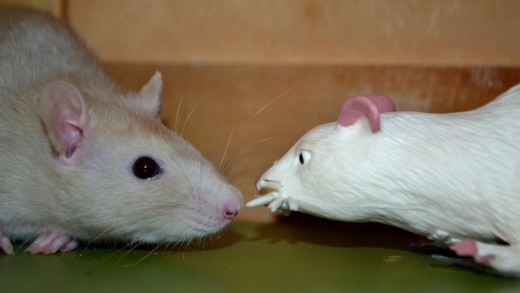
Loving your pets, your children
Again, dying isn't something anyone likes to think about. Whether it's your own death or the death of a loved one. But loving your pet enough to plan ahead for them in the event of your death, is how you love them like you do your human children.
Keep in mind that your death isn't just traumatic to your family, your friends, your loved ones...it can also be traumatic for your pets. The biggest of animals to the smallest of animals, can feel your absence, and miss you and your love. Some perhaps more than others. But no matter what kind of pet you have, your death can very much effect their emotions and feelings. We can't always avoid that fact of life for people or pets. But if you can make their transition as easy as possible by having things preplanned for them, it can have a huge impact on them and their quality of life after you're gone.
After all, your pets are part of the family too!
